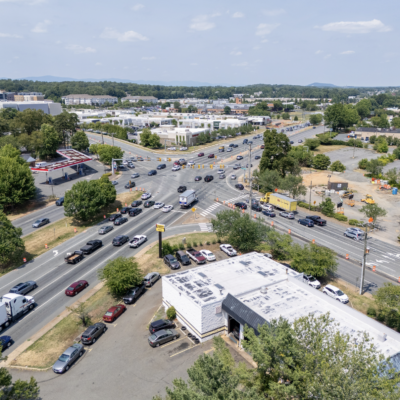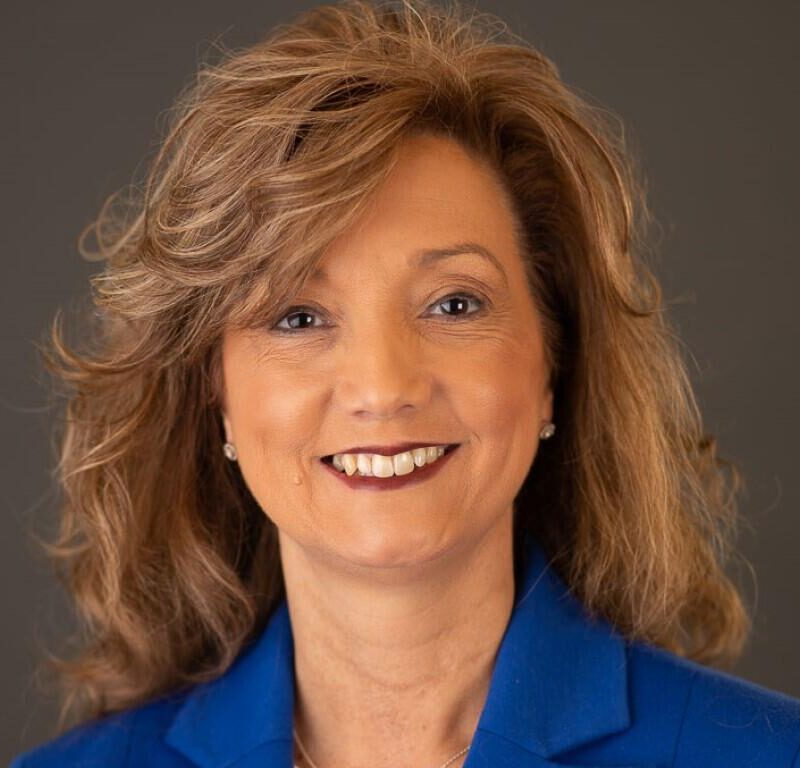Fundraising reports last week confirmed what most people guessed from the barrage of political ads: There’s a lot of money to burn on the Fifth District congressional race, which so far has drawn roughly $5.7 million, about $34 for every likely voter.
|
Polls suggest Fifth District Democrat Tom Perriello, who has raised $3.1 million during the current election cycle, may simply have enough for a nice consolation prize come November 2. |
During this election cycle, Democratic incumbent Tom Perriello has raised $3.1 million as of September 30, compared to $1.7 million for challenger Robert Hurt, a state senator from Chatham. Yet Hurt outperformed Perriello in the latest quarter, bringing in $892,000 to Perriello’s $812,000.
Perriello has almost $1.4 million cash on hand, while Hurt has about $516,000. Hurt’s cash disadvantage is mitigated by outside money—the U.S. Chamber of Commerce and the National Republican Congressional Committee have spent almost $700,000 opposing Perriello, compared to only $200,000 spent by independent groups to bolster the Democrat, according to analysis from The Washington Post.
The donor rolls reflect the national attention this race has received. George Soros, the Democratic financer, has helped Perriello, while Hurt received $5,000 from Koch Industries, run by David and Charles Koch, two of the most generous Republican donors and the financial force behind the Tea Party movement.
In total, Hurt has received more than $348,000 from political action committees (PACs), including at least $40,000 from the health care industry and $16,000 from tobacco interests. Perriello has eschewed donations from federal lobbyists and corporate PACs, but he has drawn heavily from labor and Democratic political allies, for a total of $607,000 in PAC contributions. MoveOn.org has funneled $94,000 to Perriello from individual donors across the country.
Locally, Hurt picked up steam this quarter. Many traditionally generous Republican donors waited out the primary, but Hurt has since received large amounts from businessman Bill Crutchfield, developers Chuck Rotgin and Richard Spurzem, and wealthy retiree Hunter Smith. Perriello, meanwhile, continued to draw large sums from an array of local professors, businessmen, writers and retirees, including usual suspects like Jim Murray and John and Renee Grisham.
Perriello finds himself in a familiar situation. So far, the polls agree that Hurt is leading by at least 1 or 2 points, though outlier SurveyUSA pegs Hurt’s lead at between 11 and 17. In 2008, facing six-term incumbent Virgil Goode, Perriello never led in any polls until the proverbial “only one that counts.” Even then, his victory required a recount—727 votes, to be exact.
Two years ago, the political current moved with the Democracts, and Perriello swam with Mark Warner and Barack Obama. This year, he must fight a national tide sweeping the GOP’s direction with no bigger fish to lure Virginia voters to the polls. The only other items on the ballot are three uncontested state constitutional amendments.
“You typically have older, whiter, and richer voters in midterm elections,” says Isaac Wood, a political analyst at UVA’s Center for Politics. “In 2008, we had 63 percent voter turnout. In 2010, it’ll probably be closer to 40 percent, and that drop off is going to come disproportionally from Democratic supporters, minorities and young voters.”
At the beginning of October, Wood moved the race from “toss–up” to “leans Republican.” If both sides are relatively even on the money trail, Perriello will remain at a disadvantage, says Wood.
“Perriello hasn’t been able to replicate what he did in 2008,” says Wood, pointing to Perriello’s TV spots. “His TV ads were some of the best in the country in 2008. This year, they’ve been more typical-type ads you’re used to seeing, and I think that means that people tune them out more.”
Perhap’s Perriello’s best hope at this point is a Hurt gaffe during the debates, the next of which takes place Tuesday, October 19, at PVCC.






